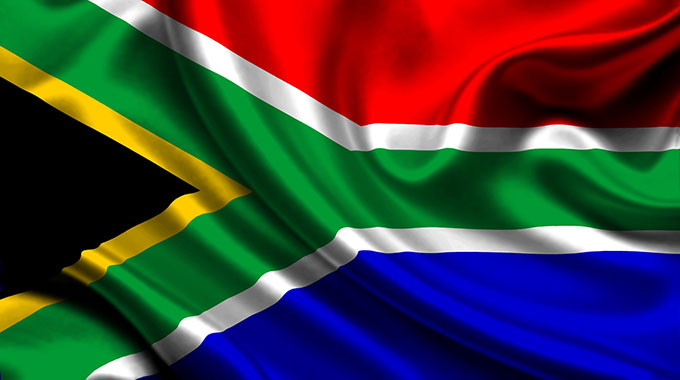Change approach to Africa, Catholic bishops urge IMF, World Bank
Marrakesh. – The last time the World Bank and International Monetary Fund (IMF) met in Africa was 50 years ago.
They returned to the continent this week for their annual general meetings in Marrakesh, Morocco, with a strong call to change their approach to Africa.
According to the UN Conference on Trade and Development, the two institutions met as “a sequence of shocks beyond its borders diminished Africa’s ability to develop and led to fast-increasing debt levels.”
That was not going to change unless the monetary institutions helped, said an influential Catholic group.
“To successfully address debt crises, it is crucial to tackle the complexities arising from multiple creditors.
“This necessitates the coordination of efficient, prompt, and comprehensive policies that encompass both public and private creditors,” added the Justice, Peace, and Development Commission of the Catholic Symposium of Episcopal Conferences of Africa and Madagascar (SECAM)
The religious leaders said approximately 600 million Africans were poor, and close to 280 million went hungry. They urged the removal of the debt barrier that prohibited many nations from having the means to respond to crises and safeguard their most vulnerable.
The leaders pointed out how, back in 1999, Pope John Paul II made a connection between the fight against poverty and debt relief, saying the message still held true today.
The Secam also called on the IMF and World Bank to consider adjusting to, particularly, the needs arising from places such as Africa.
“The momentum for reform of international financial institutions presents an opportunity to adapt them according to present needs and requirements.
“This can be achieved through strengthening human development values in their missions, boosting their financial capital, and improving their instruments for financing,” the group said.
The senior director of policy for the Jubilee USA Network, Aldo Caliari, said the African bishops should be taken seriously because they knew and lived in affected communities.
“African religious leaders are on the front lines of countries facing debt, climate, and food crises,” he added.
Meanwhile, the IMF said sub-Saharan Africa’s economic growth would slow for the second straight year before picking up in 2024.
According to its World Economic Outlook report, growth in the region was predicted to decline to 3.3 percent this year from 4 percent last year before increasing to 4 percent in 2024.
This is significantly less than the IMF’s July forecast, which stated Sub-Saharan Africa would expand 3.5 percent in 2023 and 4.1 percent the following year.
This year, non-commodity exporters are expected to grow 5.6 percent, more than twice as quickly as countries that depend on natural resources. – News24.com








Comments